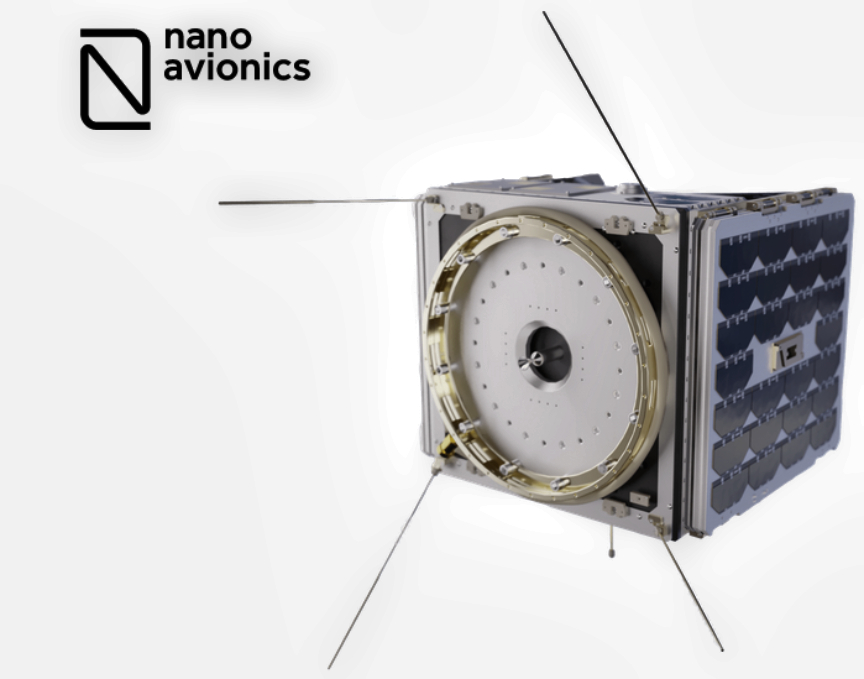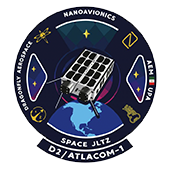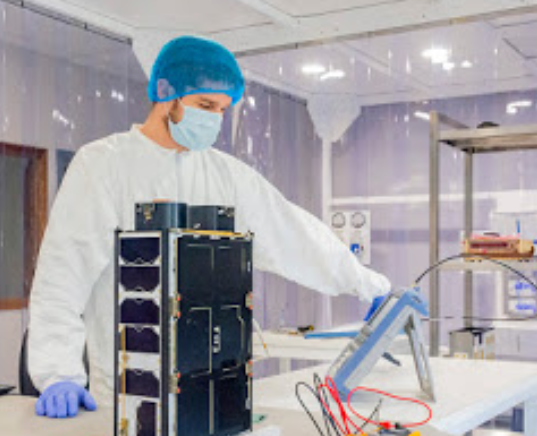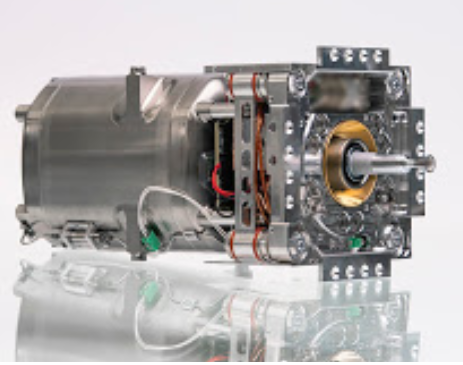
NanoAvionics has laid out its ambitious growth and business development plans for the USA via its existing facility in Columbia, Illinois.

The smallsat bus manufacturer and mission integrator will develop the only satellite manufacturing facility in the state to become its main hub in the US. Through this hub, NanoAvionics will further grow the portfolio and expand into other locations across the USA.
The company is also using it to coordinate all business development activities in the LATAM region, exemplified by the existing “D-2/AtlaCom-1” rideshare mission with Mexican consortium partners Space JLTZ and the Municipality
of Atlacomulco, among others.
NanoAvionics US revealed additional plans to open a full scale manufacturing, assembly, integration and test (MAIT) facility for serial manufacturing of smallsats and establish a mission operations center.

To enable and foster this growth, NanoAvionics intends to hire around 100 people by the end of 2022, about half of those for the Columbia hub.
The company has already tested the first satellites at the facilities for its US customers missions.
F. Brent Abbott, the CEO of NanoAvionics US, in charge of the Columbia hub, said, “The USA is the largest NewSpace hub in the world and NanoAvionics US has an ambitious goal to take 30 percent of the US market share in nano-/microsatellite manufacturing and mission provision services.
“This is a direct response to the demand we are seeing, with our US revenues having already surpassed last year’s figures. We are already in on-going negotiations about satellite constellations with four NewSpace companies in the USA.”
The Columbia facility will be used to produce numerous nano- and microsatellite buses, for both single and constellation missions. By using a mass production approach, similar to the principle of the automotive industry, NanoAvionics is capable to manufacture hundreds of identical smallsats within a relatively short time frame of 6-10 months — ideal for satellite constellations.

Abbott added, “Columbia’s lower operating and living cost will also keep NanoAvionics’ competitive advantage in a tough small satellite market driven by lowering cost, shorter lead times and greater payload volume.”
